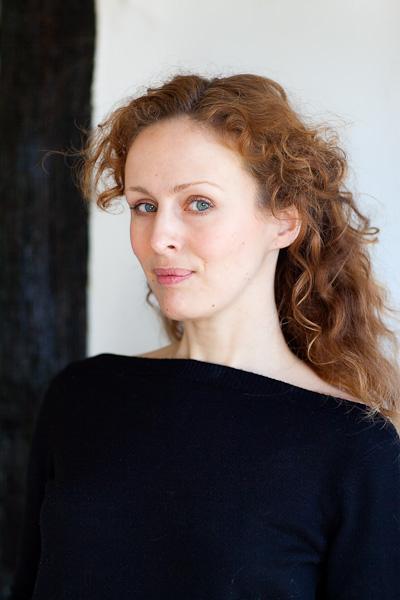The Dutch Maiden
In the summer of 1936, the Dutch doctor Jacq sends his eighteen-year-old daughter Janna to stay with Egon von Bötticher, a German he befriended as a young man. This aristocratic fencing master, who is to help Janna perfect her own fencing skills, whiles away his days on a country estate, where he organises the forbidden Mensur for students, a duel in which participants inflict visible injuries as a sign of courage. Egon is an enigmatic figure, as attractive and irresistible as Heathcliff, and Janna inevitably falls for him.

However, De Nederlandse maagd is much more than just a story about love and the loss of innocence. A new, unfamiliar world opens up for Janna, full of riddles about the exact nature of the relationship between her father and Egon. The men met during World War I, during an era that has gone forever now that the Nazis are on the rise. Janna’s initiation into the adult world is a contradictory, confusing experience. The aristocratic code of honour, with its notions of courage and heroism, has proved futile, and an era of barbarism has dawned with the coming of the Nazis. Through Janna’s experiences, De Moor evokes the unsettled atmosphere of an era as a major shift in history occurs, vividly portraying the uncertainty and tension that preceded World War II. As Janna reflects at the end, when she returns to the Netherlands: “I could no longer return to the past. This had been a one-way journey.
“Janna’s intense emotional world, the foreboding atmosphere of pre-World War II Germany and the richness of de Moor’s imagination make 'The Dutch Maiden' one of the most delicious novels I’ve read in ages.”
“An ominous atmosphere, moral dilemmas, raging passions, all evoked by beautifully sculpted sentences.”
